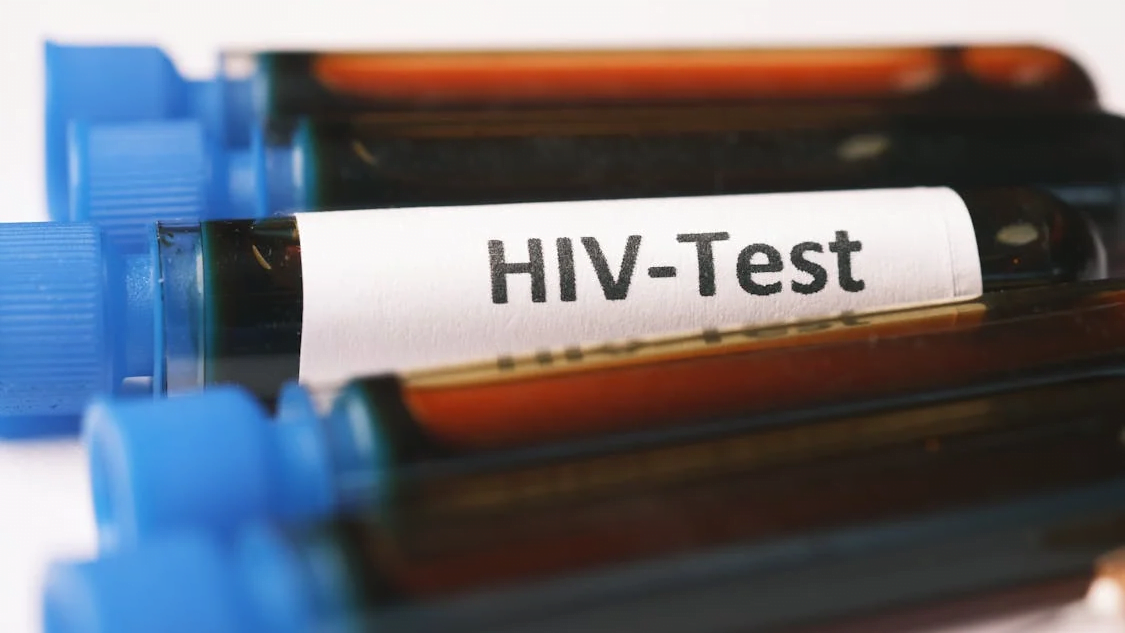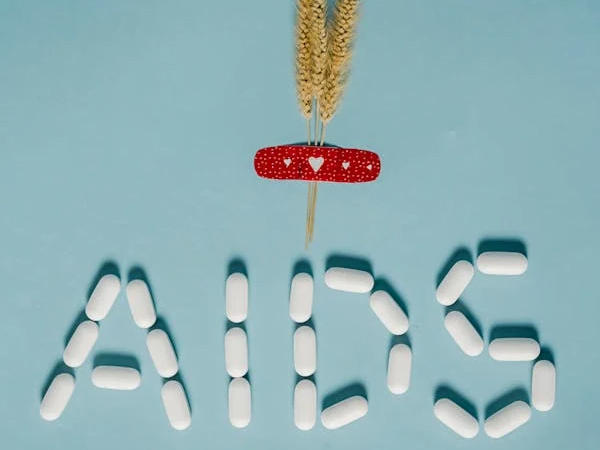What is HIV and How Does It Affect the Body?

HIV, or Human Immunodeficiency Virus, is a plague that attacks the body’s immune gadget, mainly the CD4 cells (T cells), which are crucial for preventing infections. Over time, if left untreated, HIV can ruin so lots of these cells that the body can’t combat off infections and illnesses. This can result in the final stage of HIV infection, called AIDS (Acquired Immunodeficiency Syndrome). Unlike some different viruses, the human frame can’t dispose of HIV completely, so once someone has HIV, they have it for their whole life.
What is AIDS and How is it Related to HIV?

AIDS is the most severe phase of HIV infection. . It occurs when the immune system is badly damaged due to the depletion of CD4 cells, and the frame turns into liable to opportunistic infections and certain cancers that take gain of the weakened immune machine. Not each person with HIV develops AIDS. With right medical care, HIV may be controlled, and lots of human beings with HIV live long, healthy lives with out ever progressing to AIDS..
Can HIV Cause Hives or a Hives Rash?
HIV itself doesn’t directly cause hives or a hives rash, but skin issues are common in people living with HIV. Hives are generally red, itchy welts at the skin and are regularly a reaction to allergens, infections, or medicinal drugs. People with HIV may experience hives as a reaction to certain medicines used to deal with the virus, or due to their immune system reacting to infections. However, hives can manifest to all people, now not simply people with HIV..
What Are the Symptoms of HIV and How Do They Differ from Hives Symptoms?
The early symptoms of HIV can be pretty much like the flu, which include fever, chills, muscle aches, and a sore throat. Some human beings may also experience a rash. However, this rash isn’t like hives. Hives signs and symptoms include unexpected, red, itchy welts at the pores and skin that can vary in size and can appear anywhere on the body. They may be triggered by means of different factors like allergies, infections, or pressure. While an HIV rash is generally non-itchy and appears at the higher a part of the body, hives are regularly itchy and might circulate around the body.
How Can You Protect Yourself from HIV?

Protecting yourself from HIV is vital for anyone. The maximum commonplace way HIV is transmitted is through unprotected intercourse and sharing needles. Here are a few approaches to protect yourself:
- Use Condoms: Always use condoms at some stage in intercourse to lessen the hazard of HIV and other sexually transmitted infections (STIs)
- Get Tested Regularly: Regular HIV checking out facilitates you realize your status and take action if wanted.
- Avoid Sharing Needles: If you use needles for any reason, don’t share them with others.
- Take PrEP: re-exposure prophylaxis (PrEP) is a every day medicinal drug that may lessen the risk of having HIV if you are at high risk.
Can HIV Be Treated and What About AIDS?
Yes, HIV may be dealt with with antiretroviral therapy (ART). ART entails taking a combination of HIV drugs each day, which allows lower the viral load in the body, continues the immune system stronger, and prevents the development to AIDS. While there’s no treatment for HIV, ART lets in people living with HIV to live long, healthful lives. Early prognosis and steady treatment are key to coping with HIV effectively.
What Should You Do If You Experience Hives or Hives Symptoms?
If you experience hives or hives symptoms, It’s normally an excellent idea to parent out what’s triggering them. Common causes encompass allergic reactions to ingredients, medicines, or insect stings. For humans with HIV, hives may also be a side effect of certain medicines. Here’s what you can do:
- Identify the Trigger: Try to decide what might be causing the hives. If it’s a meals or remedy, keep away from it in future.
- Use Over-the-Counter Antihistamines: These can assist reduce the itching and pain related to hives.
- Consult a Doctor: If hives persist or are excessive, seek advice from a healthcare issuer. They can help identify the reason and recommend appropriate treatment, especially if you’re experiencing HIV.
How Can You Support Someone Living with HIV?
Supporting someone experiencing HIV can make a large difference in their life. Here’s how you could assist::
- Be Informed: Learn about HIV to better understand what your buddy or member of the family goes through.
- Offer Emotional Support: Just being there to hear and offer support can be very comforting for them.
- Encourage Treatment: Help them stay on track with their medicinal drug and health practitioner’s appointments.
- Fight Stigma: Stand up in opposition to HIV-associated stigma and incorrect information. Your support can help create a more inclusive and understanding environment.
